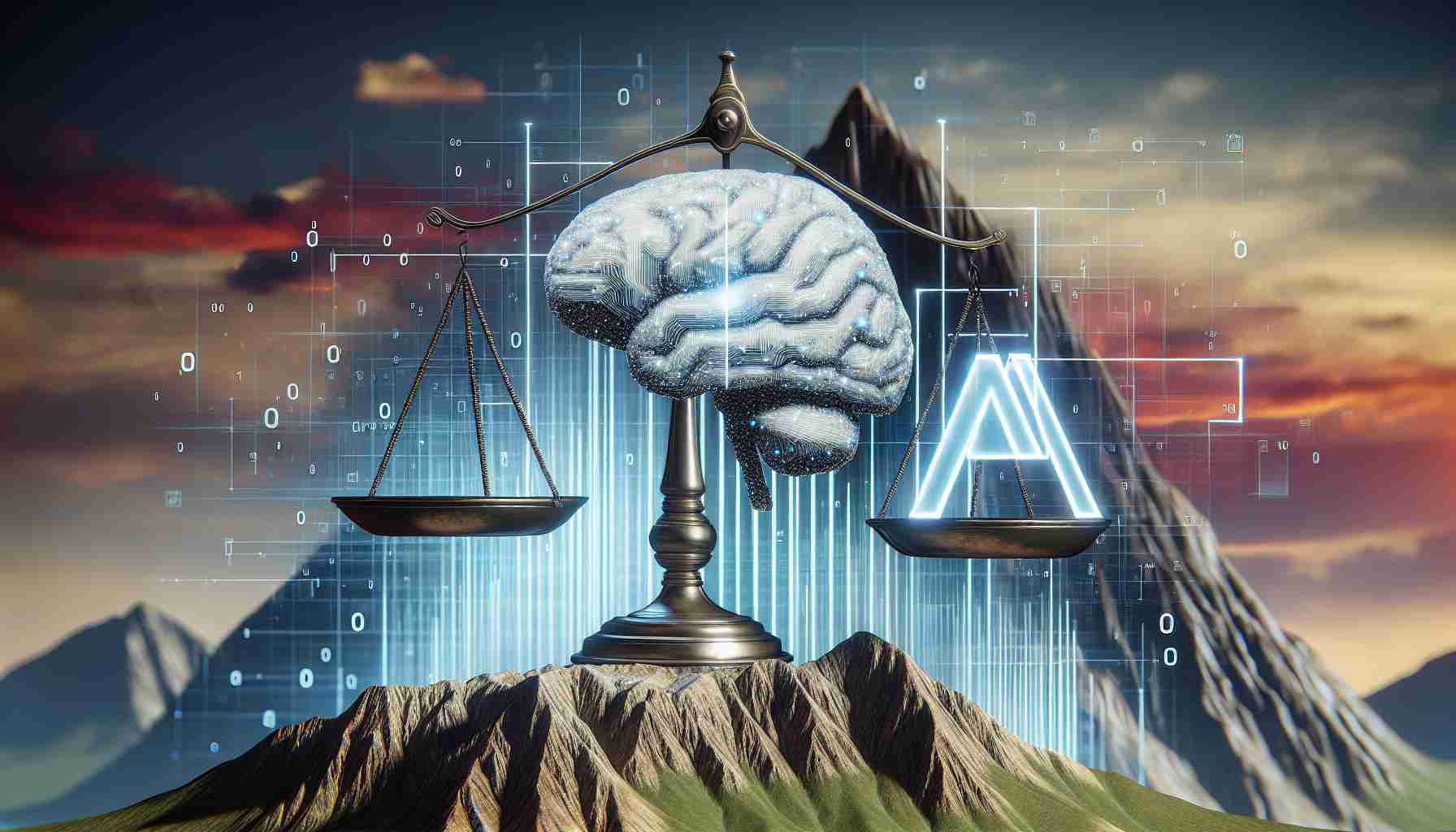In the rapidly evolving field of artificial intelligence (AI), the issue of bias has emerged as a significant concern that affects the development and deployment of various applications. As AI systems increasingly influence critical areas such as healthcare, criminal justice, hiring, and financial services, the need to address inherent biases becomes paramount. This article discusses the implications of bias in AI and offers insights into effective strategies for mitigating its impact.
One of the primary sources of bias in AI is the data used to train these models. Machine learning algorithms learn from historical data, which may reflect existing societal biases. For instance, if a dataset contains biased information about certain demographic groups, the AI system trained on this data is likely to perpetuate these biases. This can lead to discriminatory outcomes, where certain groups are unfairly disadvantaged. For example, facial recognition technologies have been shown to have higher error rates for people of color compared to white individuals, raising serious ethical concerns.
To combat bias in AI, it is crucial to focus on data diversity and fairness. This involves curating datasets that represent a broad spectrum of the population and include diverse viewpoints. Stakeholders in AI development, including researchers and organizations, must be vigilant in evaluating their datasets for bias and taking steps to ensure a more equitable representation. Moreover, employing techniques such as data augmentation can help create a more balanced dataset, reducing the likelihood of biased outcomes.
Another effective strategy in dealing with bias in AI is the implementation of algorithmic audits. Regular assessments of AI models can help identify biases in their predictions and outputs. By scrutinizing how algorithms make decisions and the factors influencing those decisions, developers can pinpoint areas that require adjustment. This practice encourages transparency and accountability, allowing stakeholders to understand the potentials and limitations of AI systems.
Additionally, fostering an inclusive development environment is essential to identifying and mitigating bias. By involving individuals from diverse backgrounds in the AI design and testing process, organizations can gain valuable perspectives that highlight potential blind spots. Diversity in teams leads to more comprehensive solutions and prevents the reinforcement of existing biases. It is vital that organizations prioritize collaborative efforts to build AI that serves all demographics equitably.
Finally, regulatory frameworks and guidelines can provide a necessary foundation for addressing bias in AI. Policymakers and governing bodies worldwide are increasingly recognizing the importance of establishing ethical standards for AI development. Regulations can mandate bias assessments and ensure that organizations demonstrate accountability through clear metrics and reporting methods.
In conclusion, addressing bias in artificial intelligence is not only a technical challenge but also a moral responsibility. By focusing on data diversity, conducting algorithmic audits, fostering inclusive teams, and advocating for regulatory measures, stakeholders can work towards creating AI systems that are fair and equitable. As AI continues to play an integral role in society, the commitment to combatting bias will be critical in harnessing its potential for the greater good.
Tips and Life Hacks for Addressing AI Bias
As the conversation around artificial intelligence (AI) and its impact on society grows, understanding how to effectively address bias in AI systems is essential. Here are some valuable tips, life hacks, and interesting facts that can help individuals, developers, and organizations in mitigating bias and fostering a more equitable AI landscape.
1. Educate Yourself on Bias in AI
Understanding the sources and implications of bias in AI is a crucial first step. Numerous online courses, webinars, and resources focus specifically on AI ethics, fair algorithms, and bias mitigation strategies. Familiarize yourself with concepts like algorithmic bias, fairness criteria, and the social implications of AI technology. Innovators and stakeholders should stay updated via reputable platforms such as MIT Technology Review.
2. Prioritize Diverse Data Collection
To minimize bias in AI, invest time in data collection. Ensure that your training datasets include a wide variety of demographics and perspectives. This will help your AI systems to make more equitable decisions. Use techniques like stratified sampling to ensure representation across different groups.
3. Implement Regular Algorithm Audits
Conducting regular algorithm audits is vital in assessing your AI systems for bias. Develop a checklist for evaluating models, tracking performance across demographics, and reviewing decision-making processes. Making audits a routine part of your AI development lifecycle can help spot biases before they become a larger issue.
4. Foster Inclusivity in AI Development Teams
Encourage diversity in teams by including experts from various backgrounds and disciplines. A diverse team can more effectively identify blind spots and biases that may not be apparent to a homogenous group. Consider bringing in representatives from the communities affected by your AI applications. Their experiences and insights can be invaluable.
5. Utilize Bias Detection Tools
Become familiar with tools that detect and analyze bias in AI models. Platforms like IBM’s AI Fairness 360 and Google’s What-If Tool offer functionalities to visualize model performance regarding fairness. Using these tools during development can help proactively address potential biases.
6. Advocate for Ethical Guidelines
Engage with policymakers and stakeholders to advocate for ethical guidelines in AI. Support initiatives that push for regulations requiring companies to assess and address bias within their systems. Keeping informed and participating in discussions about AI ethics can help shape more equitable practices industry-wide.
7. Stay Curious and Adaptive
The field of AI is rapidly evolving, and staying adaptable in your approach is vital. Explore new research, attend conferences, and be open to learning from others’ experiences. The landscape of bias mitigation is continuously developing, and being proactive is key to staying ahead.
Interesting Fact: Research has shown that when AI models are trained solely on historical data, they often replicate and magnify existing societal biases. Some studies have found that these models can be up to 80% more biased than the datasets they are trained on. This highlights the critical need for thoughtful data curation and ongoing evaluation.
By implementing these practices and promoting ethics in AI development, stakeholders can move towards building systems that are more just and fair. Remember, achieving bias-free AI is not only a goal but a continuous journey that requires collaboration, ongoing education, and commitment.
For more insights on technology and ethical AI, visit MIT Technology Review.

















